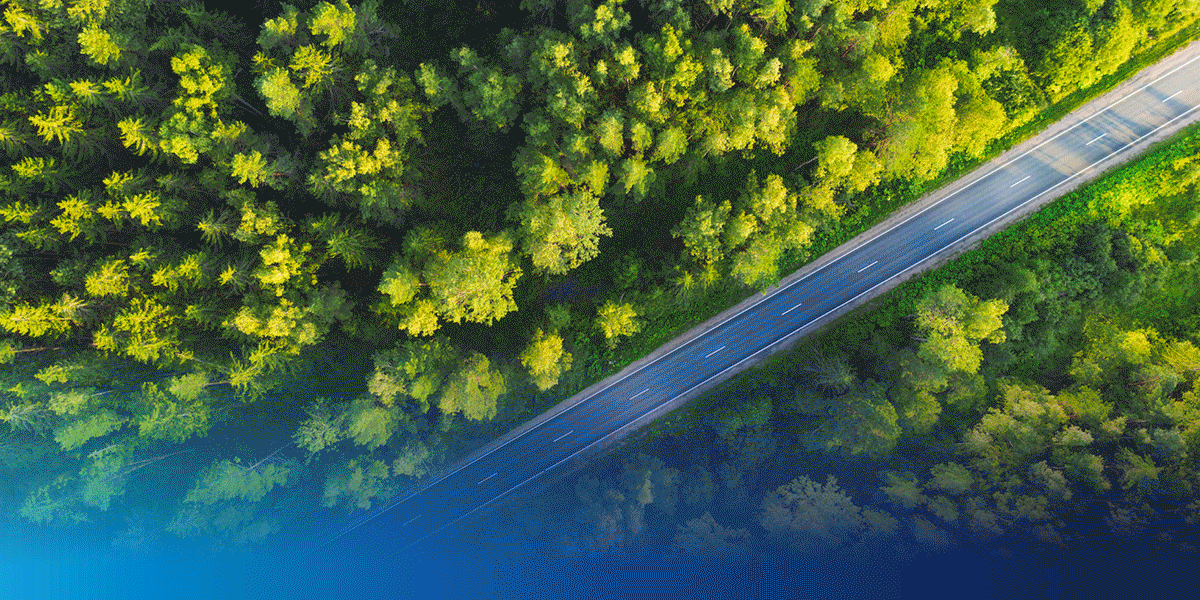When Nestlé reported its first quarter sales figures earlier this year, one effect of pandemic-induced lockdowns on people’s daily lives was immediately clear from how its coffee business was doing.
The numbers revealed that home coffee drinking – be it of Nespresso, Nescafé or Starbucks products – had propelled the company’s coffee sales to their fastest quarterly growth for a decade.
Yet coffee-drinking was not the only trend to have been super-charged by the pandemic.
Mark Schneider, Chief Executive of the Swiss-headquartered global food and drinks company, says he and his team have noticed a marked shift in the attitude of consumers towards sustainable practices and products, as concerns over the effects of climate change and biodiversity loss shot to the top of the public policy agenda.
“We are going through a significant change when it comes to how our consumers think about sustainability,” says Schneider, a German native who has been in the role since 2017, when he became the first chief executive from outside the company since 1922.
“From our consumer research, we know that the younger, the better educated, the more affluent consumers are, the more important this topic becomes. We also live in a digital age where all of your sustainability practices sooner or later are fully transparent and known to the consumer.”
For Nestlé, whose products and packaging rely on an array of supply chains across agriculture, commodities and on labour markets worldwide, the implications are clear. “If we miss the boat on these trends, we will pay the price down the road in the form of losing consumers and losing market share,” explains Schneider. “It’s not only about doing what’s right, but also staying relevant to a consumer who has now different needs from maybe 20 or 40 years ago — and being prepared for that.”
Recruited from European healthcare group Fresenius, the 55-year-old U.S.-German dual citizen has spent the last five years continuing a transformation at Nestlé — known for its KitKat chocolate bars, Perrier bottled water and Purina pet food — into a company focused on fast innovation and fast growing product categories such as coffee, petcare as well as the fast-growing nutritional health business.
That has seen the group reshape its portfolio with a number of significant disposals and acquisitions including, in April this year, the purchase for US$5.75 billion of the core brands of The Bountiful Company, a US-based manufacturer of vitamins, minerals and nutritional supplements. Last year it also acquired Aimmune Therapeutics, a US biopharmaceutical company that develops treatments for food allergies.
Arguably the most eye-catching move of Schneider’s tenure came in 2018, when Nestlé struck a $7.2 billion coffee licensing deal with Starbucks, under which the Swiss group sells Starbucks’ coffee products outside the company’s coffee shops.
On top of those loves Schneider is driving a heightened focus on sustainability. Nestlé has already set a goal of halving its emissions by 2030 and achieving net zero by 2050 – even as the company grows. It recently announced that it is intensifying its actions to make all of its packaging recyclable or reusable by 2025 and to reduce its use of virgin plastics by one-third by then.
The company is investing more than $2 billion to lead the shift from virgin plastics to food-grade recycled plastics, a refillable system for pet food in Chile, and recyclable paper packaging for its Maggi soup branded bouillon cubes in France. As much as 87 percent of Nestlé’s total packaging by weight and 66 percent of its total plastic packaging is already recyclable or reusable.
Schneider is clear that momentum towards making products and services more sustainable is not only coming from the consumers but from regulators, which are increasingly requiring companies to internalise environmental, social and governance (ESG) costs related to their operations, products and services — notably through the Task Force on Climate-Related Financial Disclosures (TCFD).
Moreover, he believes that this is being bolstered by global regulatory convergence. “Between 2016 and 2020, when the US was not part of the Paris Agreement [on climate], this equation was missing and not all of the Asian economies were convinced that this is something they needed to work on. But the overall direction of travel is now aligned.”
While some business leaders may be in doubt as to what this means in terms of a precise timeline for change and programme of work, Schneider is clear that this is “no different from other business situations”. While there is always an element of uncertainty and risk, the trajectory and objectives are clear.
“When we develop a new product, how would you know that it’s exactly the product that the consumer wants a few years from now? You don’t. Yes, it requires a lot of upfront investment, but I do believe there is a good business case for that investment [in sustainability]. I think everyone is seeing the same landscape out there when it comes to the new consumer.”
When it comes to food, that new consumer is increasingly interested in alternatives to meat, given the scale of the environmental impact of agriculture. A report published in 2019 by the UN Intergovernmental Panel on Climate Change found that total global food systems account for 10 billion to 19 billion tonnes of greenhouse gas emissions per year, more than the emissions of China.
YouTube


 Podcast available
Podcast available